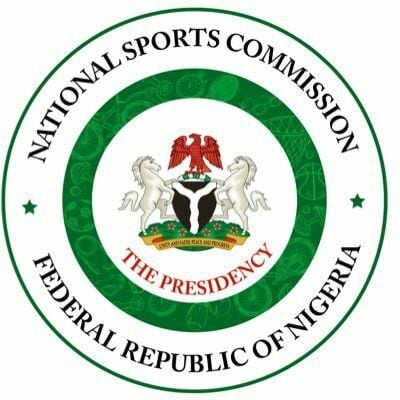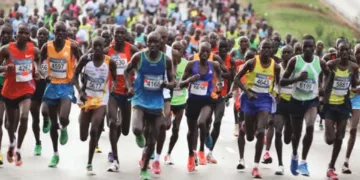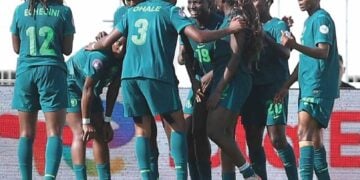In a bold move aimed at enhancing transparency and integrity within the Nigerian sports sector, the National Sports Commission (NSC) has released revised guidelines governing the elections into the boards of the National Sports Federations (NSFs).
The guidelines, unveiled yesterday, set forth a comprehensive framework designed to ensure that only qualified and credible individuals are elected to lead the country’s sports federations.
The revised guidelines, as delineated in the introduction of the document, the election process is critical for the governance, performance, and advancement of sports in Nigeria. The commission emphasises that robust and transparent electoral guidelines are essential for aligning Nigeria’s sports sector with international best practices.
The guidelines specify the composition of NSF boards, eligibility criteria, election protocols, and the establishment of various electoral committees, while the elections will be conducted under the careful supervision of both the NSC and the Nigeria Olympic Committee (NOC), which will act as electoral observers to ensure transparency and fairness throughout the election process, guaranteeing elections are conducted only for candidates of high moral character and competence, promoting inclusivity among others.
In the revised guidelines, each NSF board will consist of 14 members, including a President, a Vice President, and twelve other members, as specified in their relevant constitutions. Notably, the boards will also include representatives from various constituencies: zonal representatives, athletes, coaches, military and para-military representatives, international bodies, and advocacy groups focused on women in sports.
On the eligibility, the guidelines states that, candidates must meet several requirements to qualify for board membership:
– Be a Nigerian citizen and at least 25 years old (athletes’ representatives must be a minimum of 18), possess educational qualifications not below a Secondary School Certificate or its equivalent, have no criminal record and maintain good ethical standards, free from any disparagement toward the NSC or NOC and provide evidence of active participation in sports within the six months before the elections.
According to the revised guidelines, the election process will commence with the release of nomination forms on 6th September 2025, followed by a series of deadlines and election activities culminating in the national elections at the MKO Abiola National Stadium on 18th October 2025. Voting will occur via secret ballot, with strict regulations against proxy voting or any form of electoral malpractice. The NSC has also established mechanisms for petitions and appeals to ensure that candidates have avenues for addressing grievances related to the electoral process.
Dr (Mrs) Kehinde Ajayi, director of press at the NSC, emphasised that these guidelines are pivotal to fostering a culture of fairness and transparency in Nigerian sports governance, saying NSC encourages all eligible candidates to participate actively in the electoral process, as it plays a vital role in shaping the future of sports in the country.





